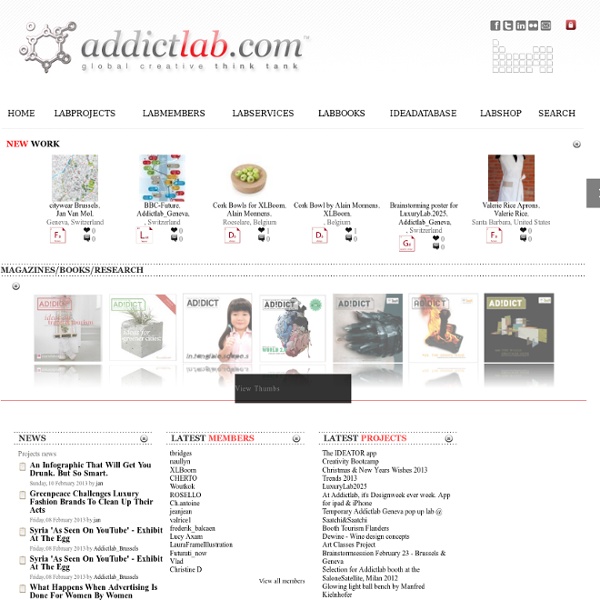



Universal design Universal design (often inclusive design) refers to broad-spectrum ideas meant to produce buildings, products and environments that are inherently accessible to older people, people without disabilities, and people with disabilities. The term "universal design" was coined by the architect Ronald L. Mace to describe the concept of designing all products and the built environment to be aesthetic and usable to the greatest extent possible by everyone, regardless of their age, ability, or status in life.[1] However, it was the work of Selwyn Goldsmith, author of Designing for the Disabled (1963), who really pioneered the concept of free access for disabled people. His most significant achievement was the creation of the dropped curb - now a standard feature of the built environment. Universal design emerged from slightly earlier barrier-free concepts, the broader accessibility movement, and adaptive and assistive technology and also seeks to blend aesthetics into these core considerations.
Tikatok - Kids Activities: Publish a Children's Book with Tikatok The Brick Bible - The Most Fun and Educational Illustrated Bible in the Wolrd My Story Maker my Storymaker® was named one of the Best Websites for Teaching and Learning by the American Association of School Librarians, a division of the American Library Association. People worldwide enjoy my StoryMaker®. Find out what all the fun is about! You have the power to decide -- choosing characters, taking them on adventures and creating your very own story along the way. my StoryMaker® lets you control characters and objects -- and it creates sentences for you! Or, you can enter your own words. Once you are done with your story, you can print it out. > Play my StoryMaker® Click here for HELP writing, printing and sharing stories.
Futur en Seine 2013 Le reportage intégral de l'agence Ondine Retrouvez les photos de Futur en Seine 2013 sur Flickr Une forte présence internationale Prix Futur en Seine : le palmarès Jean-Marc Ayrault et Fleur Pellerin à la découverte du Village des Innovations Etat, Région, Paris - Ensemble pour le numérique ! Vous aider à rebâtir le rêve français ! Jean-Marc Ayrault et Fleur Pellerin soutiennent les entreprises du Futur La visite guidée de Futur en Seine en vidéo
Playopedia | Childhood 101 Blow It Up: Exploring Gas with Balloons Hands on fun exploring gas with balloons, baking soda and vinegar! Mystery Bag Monsters! Make mystery bags with treasures and trash; children create one of a kind monsters. Surprise Drawings Use a collection of shapes to inspire your child’s drawings. The Mini-Raft How to make a mini-raft anywhere, as long as you have a penknife and string! How To Make 8-bit Popup Cards Stay-home mom Kate Lilley has created a tutorial on how to make 8-bit minimalistic popup cards. The steps are easily crafted—suitable for teenagers and adults to do. To make the card, you would need: paper, a craft knife, ruler that’s preferably metal, a cutting mat, and a needle. Download either card templates from Lilley’s website: Space Invader, Skull; and the envelope template. Use scissors to trim around the edge of the template. Using a needle and ruler, cut and score along the lines on the template. Then fold the card in half—ensuring that the shape pops out. For more details on how to make the card, visit Lilley’s blog at Mini eco. [via Mini eco] Receive interesting stories like this one in your inbox
Mind42 - Mind mapping can be Free, Fast and Simple DRM-free comics of excellence from Image Comics The rise of Marvel's Comixology has meant that DRM -- Digital Rights Management -- has become the norm for comics, meaning that your collection is forever locked to Comixology's platform, and it is illegal for anyone except Comixology (and not the artists and writers who created the comics!) to unlock them so that they can be viewed on non-Comixology players. It's as though Comixology had come up with a scheme to get us to buy our comics in a form that could only be put into special longboxes that they alone can sell -- longboxes that can only be stacked on the shelves they choose, and comics that can only be read under the lightbulbs they authorize, in the chair they approve. Every penny you spend on Comixology increases the cost of your switching away from it -- and increases the extent to which a single company (now owned by Disney) controls and sets the rules for making, publishing, retailing and reading comics. Some comics creators are pushing back. (via Kadrey)